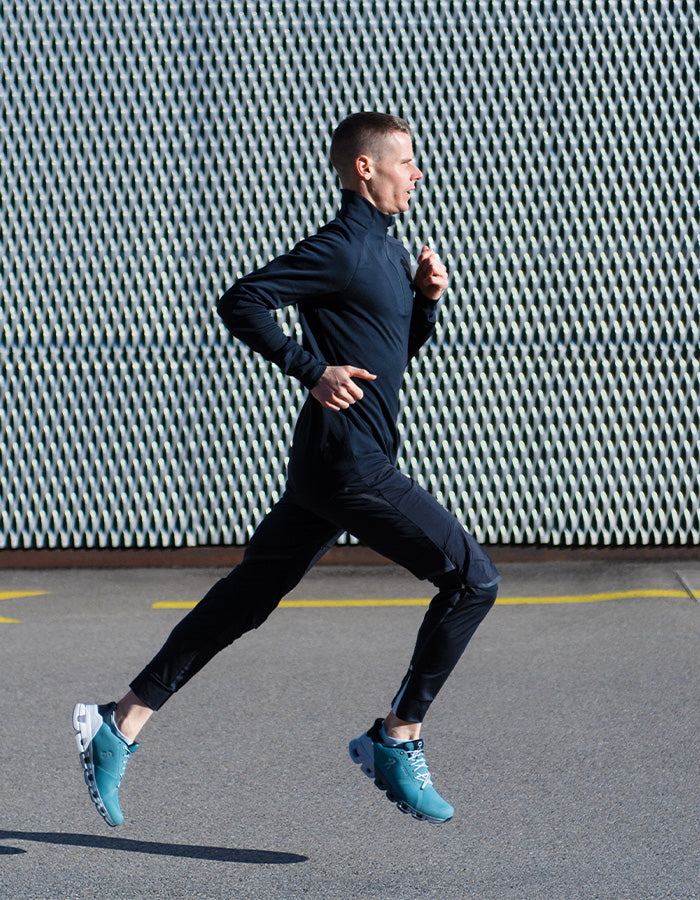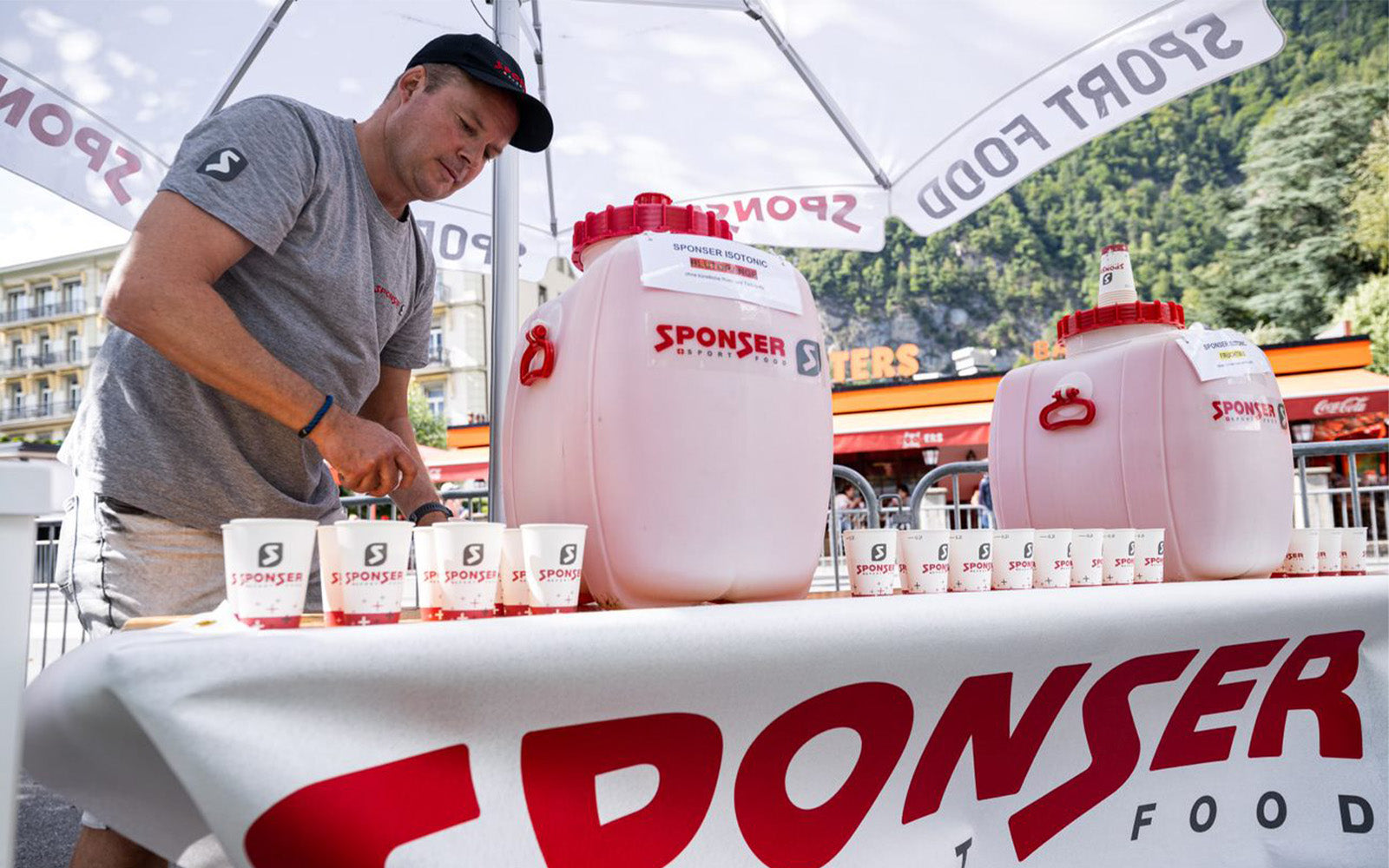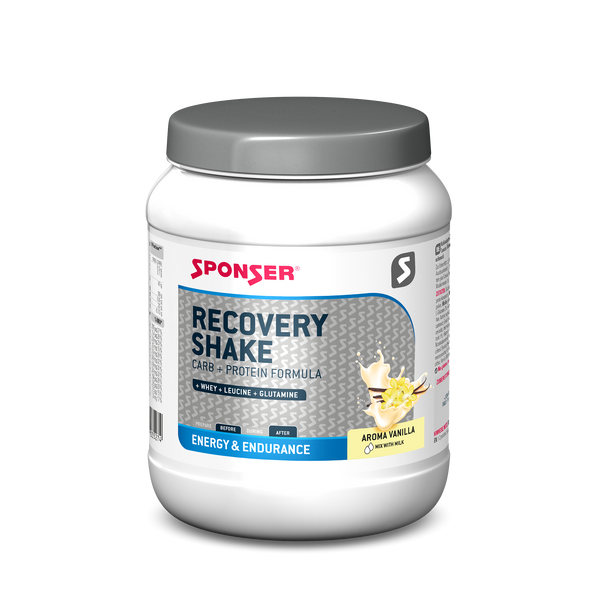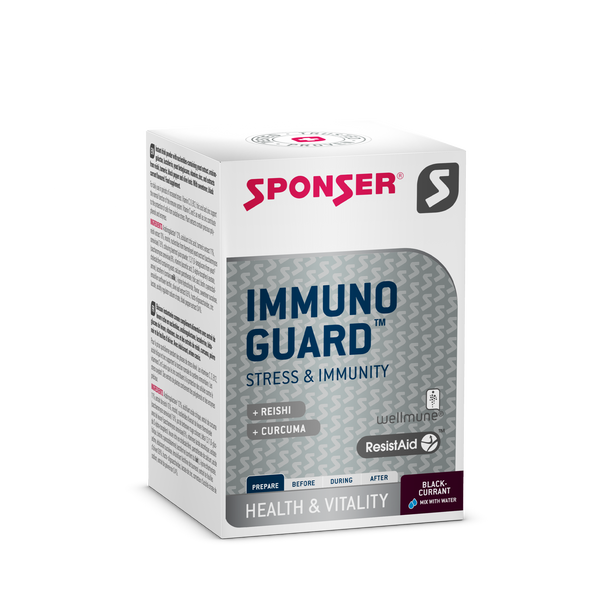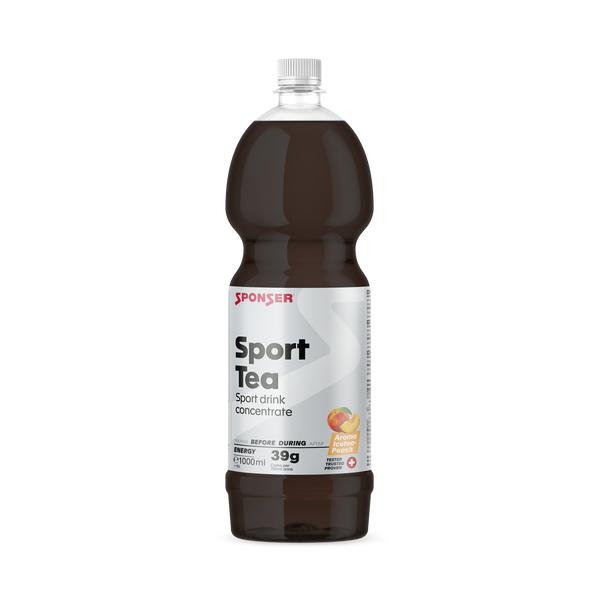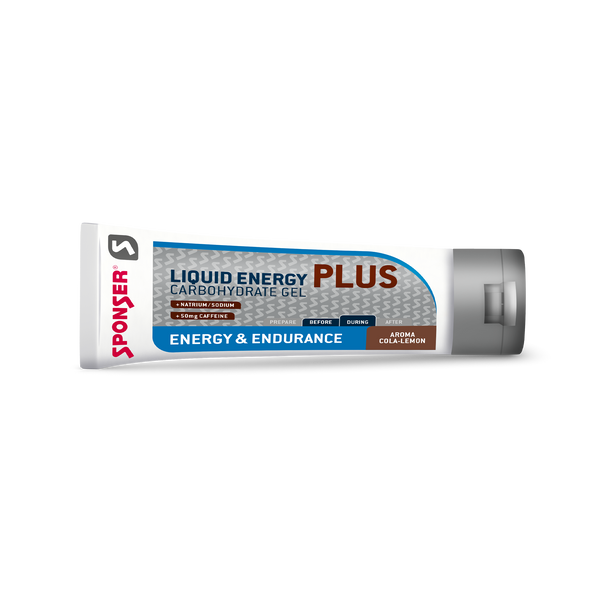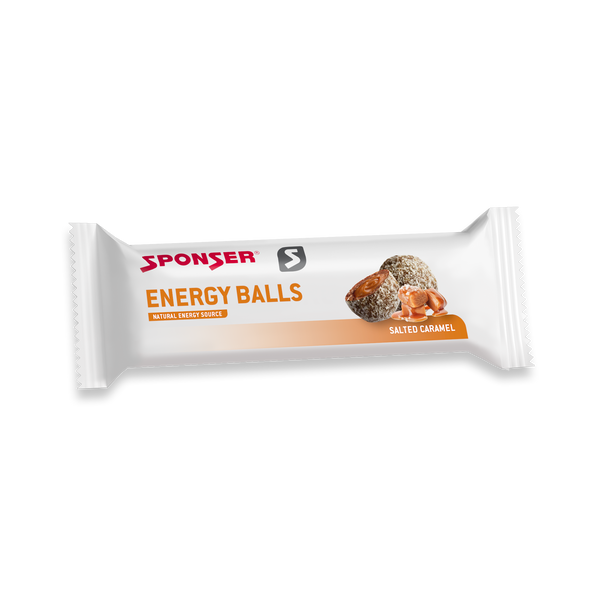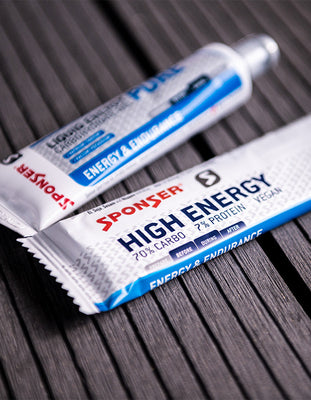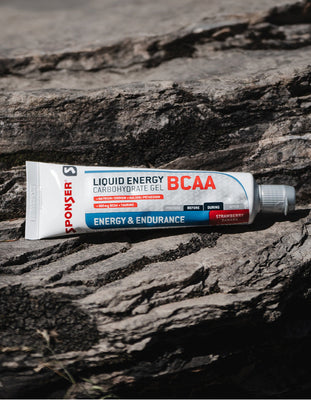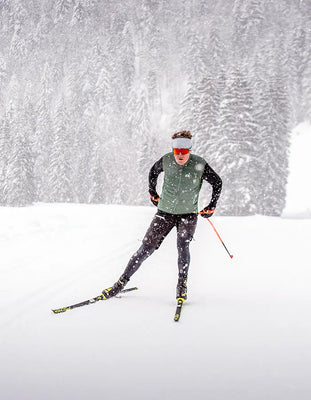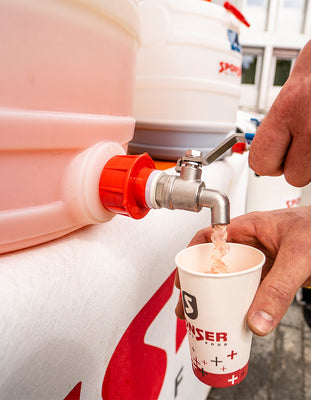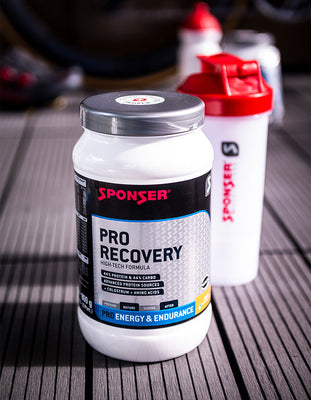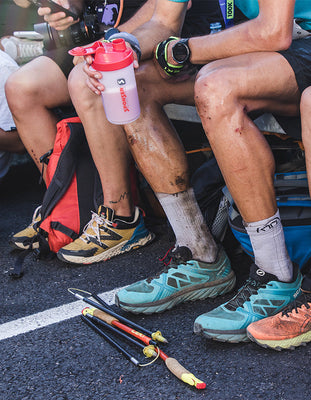
Photo credit: Skinfit International GmbH
Nutrition in Winter Sports - Training and Competition
Even though the same principles apply to sports nutrition in both summer and winter, there are some significant differences. Let us have a look at the key points and figure out what athletes need to pay attention to.
In winter: higher fluid requirement with lower thirst sensation
Basically, it is important to know that at cold temperatures the demand for energy and, at higher altitudes, also for liquids increases. The dry air at high altitudes causes a lot of fluid to be breathed out. These circumstances are scientifically documented. In the case of sporting activities above 2000 metres above sea level (e.g. ski tours) this can have a major impact on performance. It is therefore important to pay attention to energy intake and regular drinking. Despite comparable fluid requirements, the feeling of thirst is generally lower in winter and the energy requirement is higher to compensate for body heat losses caused by the cold.
Recommendation: consume sports drinks warm
The highly energetic sports drinks
LONG ENERGY and
COMPETITION are recommended for ambitious ski tourers, as they guarantee both a sufficient supply of fluids and energy. The
SPORT TEA is also ideal for this. Ideally, sports drinks should be consumed warm and carried in a
THERMO BOTTLE. Because people often drink less in winter than in summer, it is recommended to dose the beverages a little stronger.
Alternatives to «frozen energy bars»
Bars often become hard and glassy in the cold. Here it is recommended to wear bars without chocolate coating directly on the body, so they remain in a pleasant consistency until consumption.
LIQUID ENERGY GELS can practically always be taken.
Caution: increased immune susceptibility during winter sports
The demands on the immune system should also not be ignored. As a result of the fact that cold air is constantly inhaled, the immune system and the respiratory tract are very strongly challenged. Nucleotides such as those contained in
IMMUNOGUARD can have a supporting effect here.
Make sure it's easy to handle
Picking a bar out of your pocket or opening a thermos flask while wearing gloves can be quite tedious. That's why it's worth keeping practicality in mind. The
cross-country skiing hydration belt not only holds warm drinks, but also stores bars and gels.
Regeneration delayed at altitude
Regeneration is just as important in winter sports as it is in summer temperatures. The focus is on rehydration and the replenishment of energy and protein stores for muscular regeneration. Other aspects should not be considered from a nutritional point of view in winter. It is naturally appropriate, individually and situatively, to start with warm drinks and/or meals as the first regeneration measure in order to warm up the body and not have to spend additional energy on heat production. The
RECOVERY SHAKE, for example, is a good milk preparation. However, only warm milk should be used, not boiling milk.
Related articles
to our
» XC Skiing Bundle
go to the
» hydration calculator
see article
» strengthen immune system
on
» immune system
on
» energy & carbohydrates
shop
» energy & endurance
Author: Remo Jutzeler
Head R&D SPONSER SPORT FOOD
Ing. Applied Food Sciences UAS
MAS Nutrition & Health ETHZ









